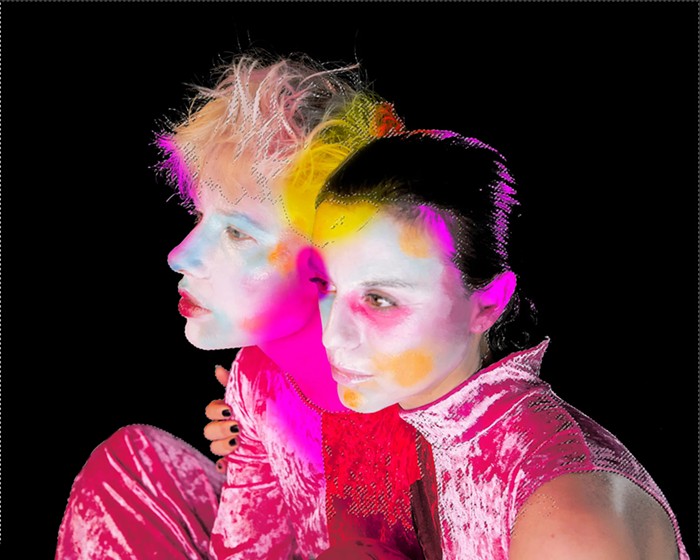Panel discussion w/Brendan Mullen
Sat Aug 24, EMP's JBL Theater, 5-7 pm, free.
For anyone with an interest in L.A.'s budding pre-punk culture, or fringe-music culture in general, Brendan Mullen's book We Got the Neutron Bomb: The Untold Story of L.A. Punk is required reading--as is his book on the Germs (Lexicon Devil: The Fast Times and Short Life of Darby Crash and the Germs). Mullen, owner of original L.A. punk club the Masque, is not only a documentarian on the thriving misfit culture, he also lived within it, and still plays music as both a DJ and in an instrumental duo. I could print pages on Mullen's unique take on the role of "punk" within the music community, but this is what we have space for--the rest you'll have to ask him about in person.
There seems to be a resurgence of interest in L.A. punk. What do you think is fueling it?
I don't honestly know. I wouldn't say it was a "resurgent" interest--I think it's interest coming up for the first time ever. For more than 25 years, New York and London media took all the cred for creating the culture and ruthlessly revised all the great West Coastin' contributions out of the picture, and now there's a whole new generation who've just figured out the music has some serious roots... and not all of it created by New York and London, as has hitherto been rammed down everybody's throat. The rock press in London, especially NME and Melody Maker, wouldn't give any L.A. punk band the time of day during the late '70s--except to trash it. "Inauthentic," "irrelevant," and "not to be taken seriously" are some of the snotty back-handers I remember that stung the most, so now it's our turn to be out in the sun, I guess.
When one hears about older punk movements, people often say, "Oh, that will never happen again. It's been done already." Do you subscribe to that philosophy?
I tend to believe it could never happen again in the same way since "innocence" and "naiveté" were part of the old punk package, and mass media eliminated that from youth pop culture a long time ago. Part of it is the Internet, too, which is both a blessing and a curse. If a new regional scene started somewhere, it would be a Gap commercial within six months instead of 20 years. You can be sure somebody will sell all the marketing secrets to some asinine conglomerate, just like they did in the '60s when the major record labels hired "resident freaks" to give themselves instant cred... just as they did in the '80s with all those dopey "alterna-nation" shoegazing intern geeks they hired to cash in on all the benefits the radical L.A. punk scene left in its wake. I'm sure they're trying to hire "emo" kids right now or whatever. A new "punk scene," unless it was quickly diffused, would simply be seen as an "opportunity" for people to have "careers."
Since this panel is on skateboarding and punk, what do you see as the connection between these two cultures?
Skate culture's roots are in SoCal surf culture, a culture which has always harbored outlaws and social misfits as well as those clean-cut blond weekend warriors in wetsuits. The Dogtown [skateboarding] posse came on the scene not from tony Malibu but from Venice, where there's been gang culture forever. The hardcore punk scene began in Huntington Beach, the epicenter of the surf world, so it was only a matter of time before these two regional things hooked up and merged. This happened during '79-'80. The DT Boys had super-aggression, a menacing hoodlum attitude, and a bad rep as "sportsmen"... exactly the same things the hardcore HB kids were accused of being.
What words of inspiration can you give to the next generation looking to start something unique?
Beware of hard-line punk fundamentalism with rules and dogma, like that weird veganist hardcore anarcho-hippie punk thing. Keep record companies out of it. Always make the records yourself and put the time into figuring out distribution. Also, punk DOES NOT OWE YOU A CAREER OR A LIVING. It's not necessarily your "big opportunity" to get into the music biz. It's all about creating music entirely for yourself, your family, your friends. No rules. No stereotyping. Your interpretation of punk should be completely open-ended and subjective according to your experiences. Punk is basically suburban "folk music." Anybody should be able to get in on it, just like a bunch of grisly Appalachian billy goats sitting around their porches playing banjos and fiddles.
by Jennifer Maerz


















